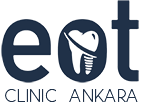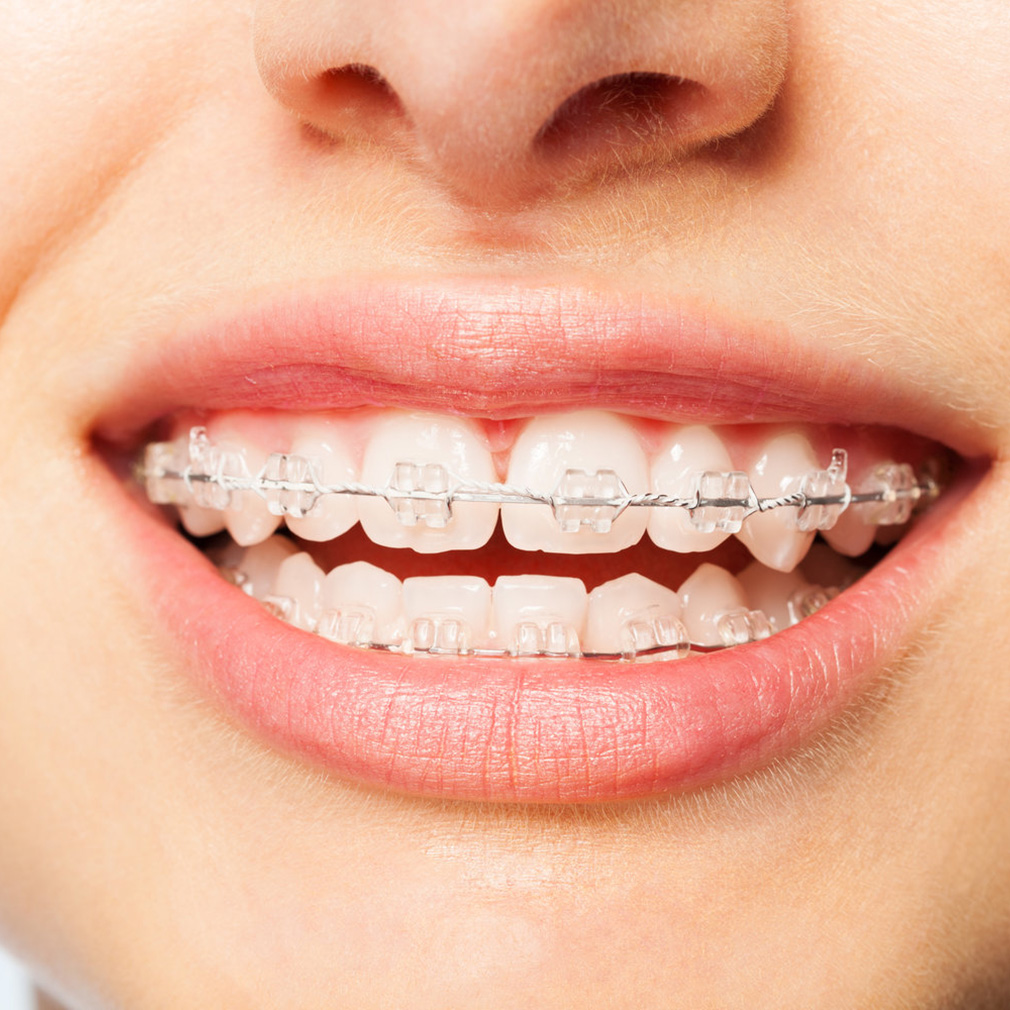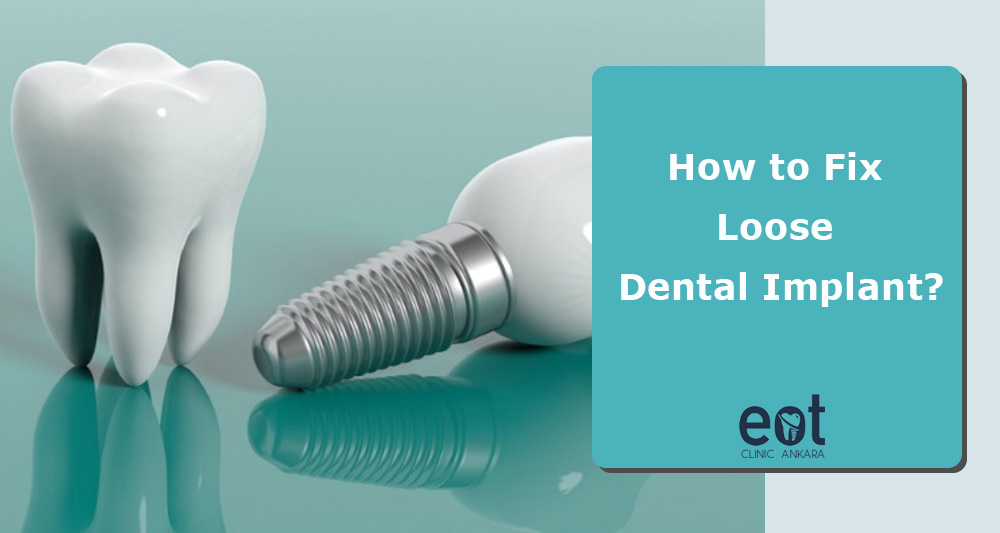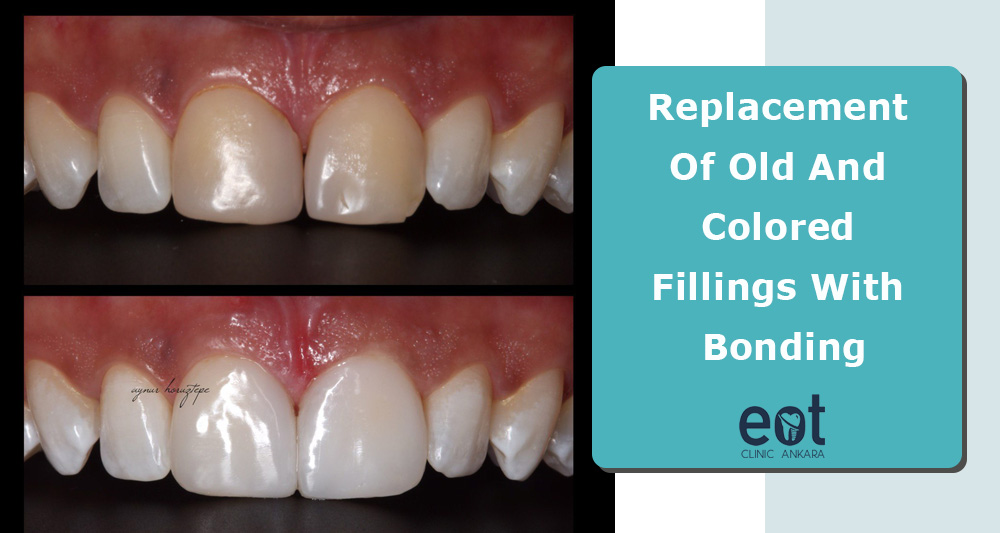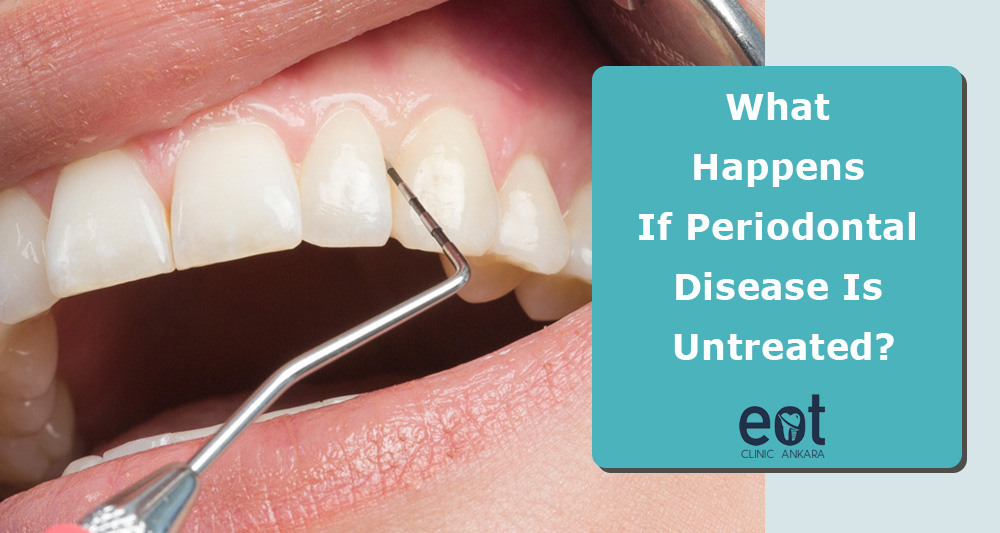Braces from the 70’s, 80’s or 90’s likely conjure up images of big, painful, and ugly metal braces. If you think you might need braces in today’s world – your experience will be totally different. Today’s braces are more comfortable and less obtrusive than those of the past. They’re smaller and use fewer brackets. The wires are less noticeable and more effective than those used previously. Because they are effective and economical, stainless steel brackets are still commonly used. Gold or clear brackets and wires are also available. Our orthodontist will make sure to help you pick the option that compliments your lifestyle best.
Options for Adult Orthodontic Care
While traditional braces are common for children, many adults look for other ways to avoid having visible orthodontics.
Here are some of your adult braces options.
- Traditional metal braces: These are your standard braces. They are effective, but their metal railroad-track appearance makes them less popular for many working professionals. If looks are a concern for you, you might want a different option.
- Lingual : These sit behind the tooth instead of in front like regular braces. They are less visible than conventional braces, which makes them more appealing for some adults. However, they are more expensive and only apply in limited cases.
- Porcelain : Porcelain braces have brackets made of porcelain instead of metal. They are less obtrusive, though you can still see the archwire. Archwires can come in other materials that closely match porcelain’s color, so the braces will not be as noticeable. Porcelain is not as strong as metal, so you will have to take extra care to maintain your porcelain braces.
- Aligner clear retainers: These are the state-of-the-art method for correcting adult malocclusions. They are completely invisible, do not affect speech, and require you to wear them for 22 hours a day. You will take out Aligner retainer trays for eating and brushing, making them extra convenient. Not everyone will qualify for Aligner retainers, but they are one of the best orthodontic options for adults.
Special Considerations For Wearing Braces As An Adult
Age-Related Bone Structures
While adults have more options for the types of braces they can choose from, there are age-related considerations when deciding to get braces. You and your dental professional should consider bone structure, bone loss, and the length of time you will need braces. Unlike a child’s mouth, the bones in an adult’s mouth have stopped growing. You may have a structural issue that cannot change with braces, only surgery. Bone loss, resulting from gum disease, could be a complication for braces as well.
Tooth Extraction Issues
Many adults have had one or more teeth extracted in the past, presenting a problem for your orthodontist. These sites, unless restored, are not suitable locations for teeth to be moved into by braces. Closing gaps between the teeth caused by extractions can be tricky because adult bone doesn’t respond to pressure in the same way as growing bone.
Appliance Placement
Many adult orthodontic appliances, like lingual , bond to your teeth with dental cement. Cement on your teeth makes it vital for you to maintain strict oral hygiene during the process.
Root Resorption
One of the risks associated with orthodontic treatment is the development of root resorption. Root resorption is the gradual loss of tooth structure, which weakens the support of your tooth. Root resorption is permanent, and a dental professional will not be able to fix it. Many factors increase the risk for resorption, including genetics, tooth and bone anatomy, chewing forces, and specific health problems. Factors related to orthodontic treatment include the power used to move your teeth, the direction your teeth will move, the type of orthodontic appliances used, and the duration and type of treatment techniques used. Your orthodontist will do a careful examination of your teeth to determine if any of your teeth may develop root resorption before starting orthodontic treatment.
Psychosocial Factors
It’s also helpful to be mindful of the psychosocial factors that play a role in treatment and post-treatment. Several psychological and social factors affect adults interested. You may be eager for perfect results, have concerns about their appearance, and question each step the orthodontist takes as well as the cost of treatment. It’s normal to have questions or worries before a commitment to braces, especially as an adult. Keep in mind that your dentist is there to answer your questions and provide you with encouraging oral health suggestions along your journe
